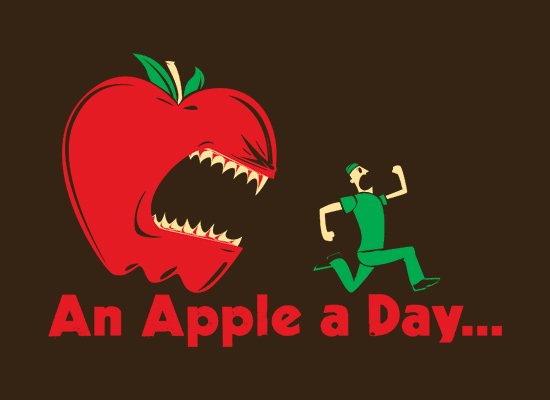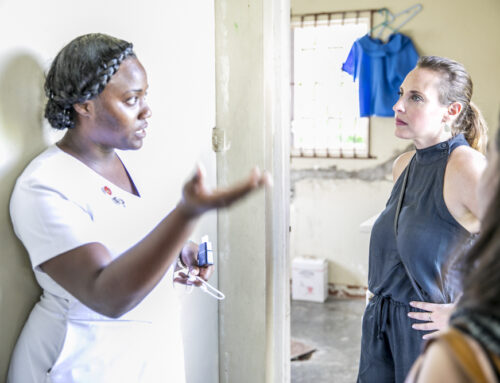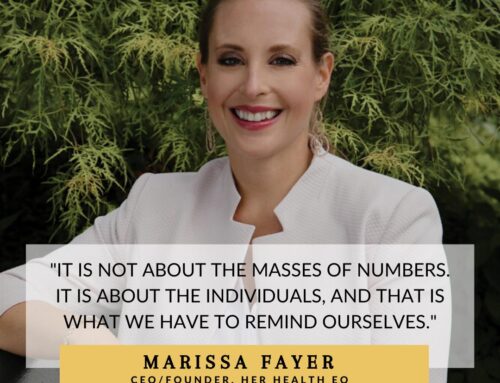“An apple a day keeps the doctor away.”
It’s a common phrase, but something about it doesn’t sit well with me. First it makes me think, poor doctors—their presence is so unwelcome that we make up phrases about repelling them with fruit.
Thinking about it a little more deeply, though, I see the real problem: the phrase is based on the idea that doctors are unpleasant companions in sickness rather than partners in well-being. And that idea is based on a limited and flawed concept of health that usually does one of two things:
- It reduces health to a number. Sometimes it’s a number on a lab report, like your A1C or cholesterol level. Often, it’s a number on a scale.
- It reduces health to the absence of illness or, even worse, just the absence of symptoms.
This way of thinking about health is incomplete at best; at worst, it’s downright anemic.
Either way, real health is so much more. According to the World Health Organization, “health is a state of complete physical, mental and social well-being, and not merely the absence of disease or infirmity.”[1]
We can break this definition down into four main characteristics of real health:
Health is a positive, not a negative. Saying that health is the absence of illness is like saying joy is the absence of sadness, or excitement is the absence of boredom. Who wants to aim for just non-sadness? Who’s going to get worked up about achieving a state of non-boredom?
Real health involves more than the lack of disease, or lack of the symptoms of disease. It involves the actual presence of well-being; it is a state of being in which we actively experience harmony and happiness within ourselves.
Health is inclusive, not exclusive. Health involves all aspects of who you are as a person—not just your physical body. It encompasses the mental, physical, spiritual, and social, all of which need to be balanced in themselves, and balanced with each other.
For this reason, real health can’t be reduced to your physical well-being alone, and your physical well-being can’t be reduced to a number on a scale or a report. Real health involves being fit and strong, having a clear mind, feeling good, doing good, and being good.
Health is personal, not stereotypical. When it comes to health, there is no universal image we can use as a measuring stick. Health looks and feels different from country to country, and from person to person. What constitutes real health for me may look very different from what constitutes real health for you. That holistic state of well-being that encompasses the physical, mental, social, and spiritual plays itself out in an endless variety of hues and heights, abilities and affinities.
That’s why it’s dangerous, for example, to unequivocally equate health with an attribute like “being skinny,” when a healthy weight can fall anywhere within a range depending on gender, height, and age, and when so many other factors contribute to an individual’s state of health.
Health is a basic right, not a selective privilege. Real health means having all of the resources we need to truly thrive. That means access to clean water. It means access to healthcare. And it means that access needs to be equally available to everybody.
That’s not the way it works for everyone in the world right now, but here’s the beautiful thing: remember how real health involves not just feeling good, but also doing and being good? It turns out that part of my well-being comes from working for your well-being, and vice versa. We prosper as human beings, and get healthier, in the truest sense of the word, when we recognize that we are connected.
It’s time we broadened our view of health to think about it as more than a number, and even more than just the body. Real health is a state of being, and it’s one we’re all meant to enjoy.





